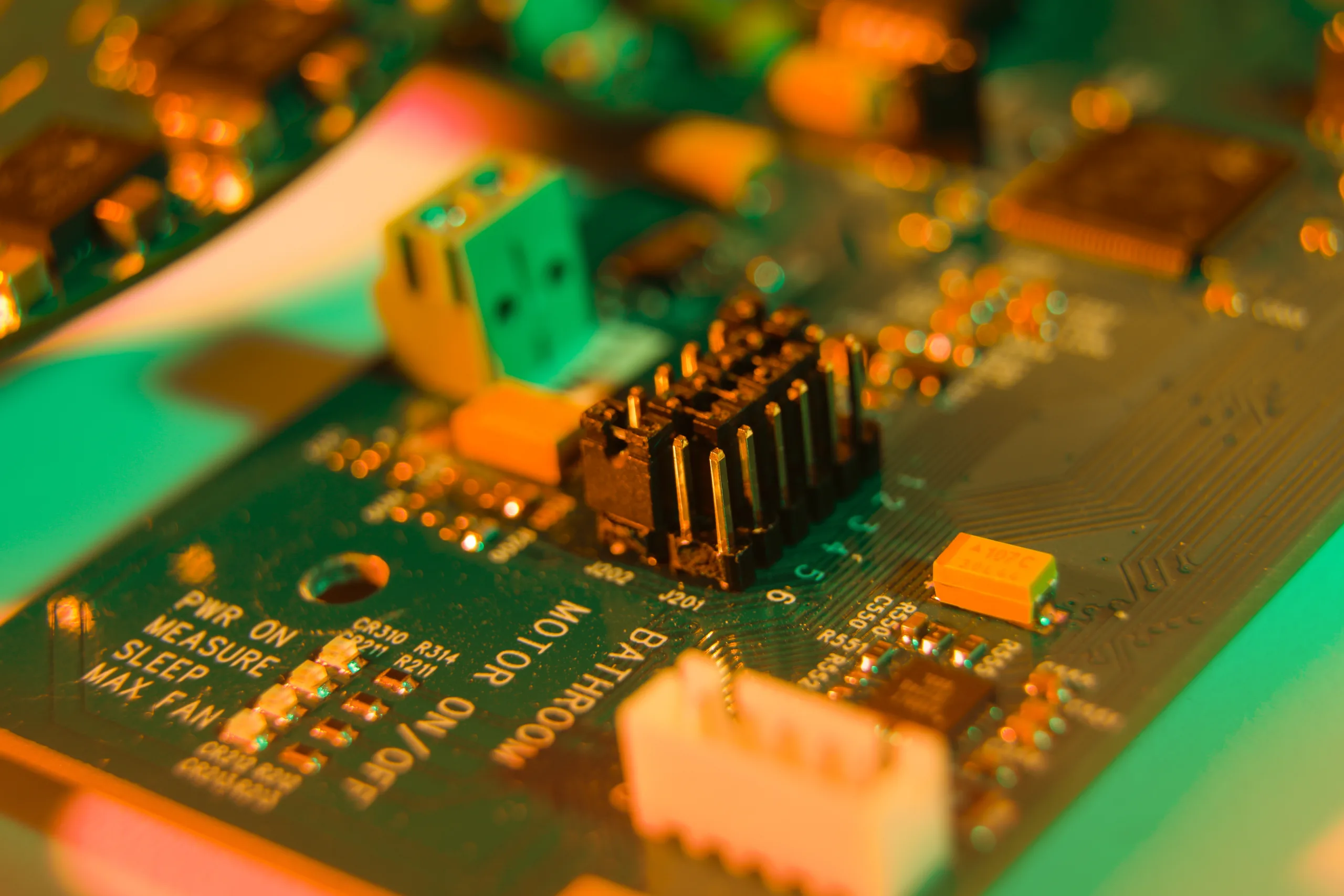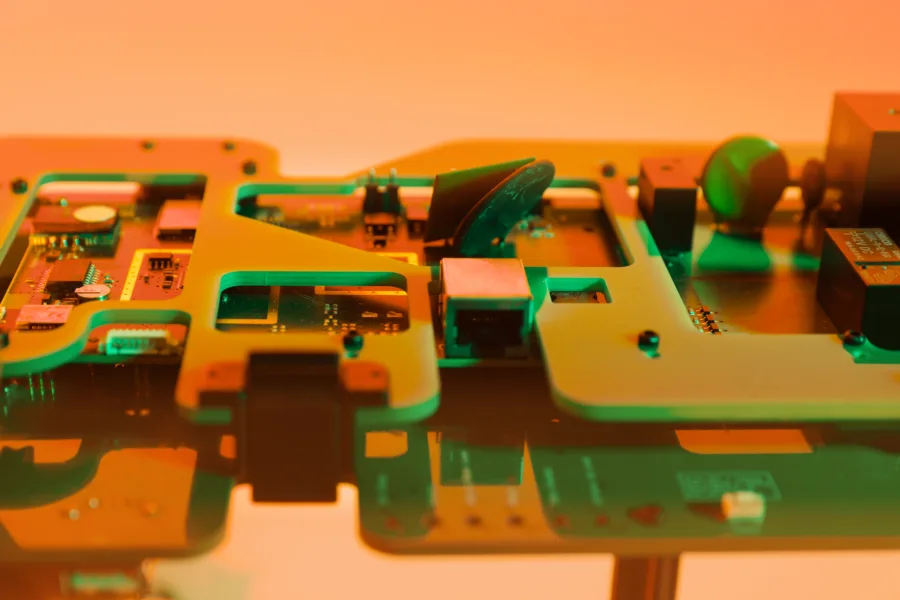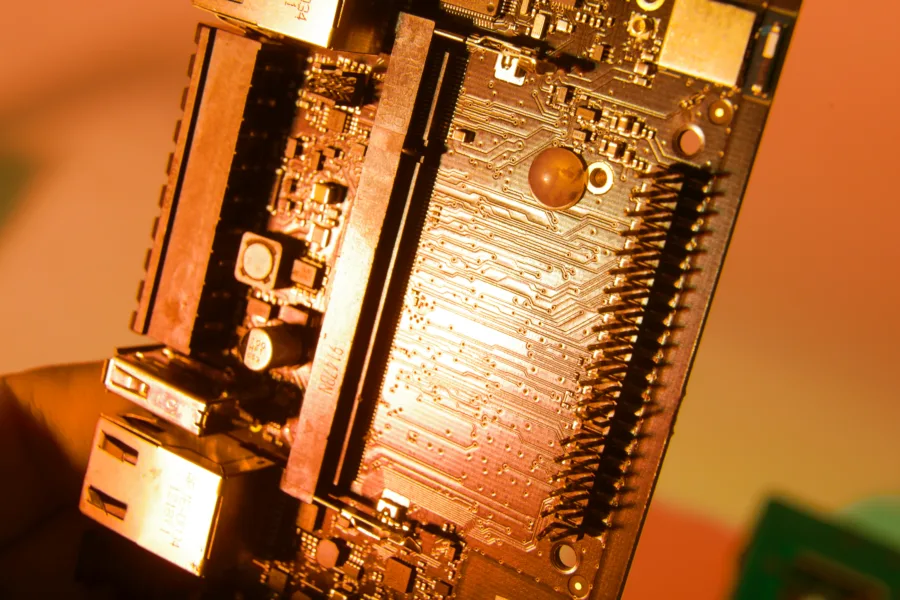In the ever-evolving landscape of healthcare, technological innovation is propelling us towards a brighter, more efficient future. A pivotal aspect of this progress lies in the development of medical devices, where software validation plays a crucial role. Software validation ensures that the software components of medical devices function correctly, which is not only vital for patient safety but also for the functionality and reliability of these devices. In this article, we will delve into the concept of software validation for medical devices, why it matters, and the various aspects associated with it.
In an era dominated by digital technology and interconnected systems, the importance of cybersecurity in medical device development cannot be overstated. The convergence of healthcare and technology has revolutionized patient care, but it has also exposed critical vulnerabilities. As medical devices become more sophisticated and interconnected, the need for robust cybersecurity measures is paramount to ensure patient safety and data privacy. In this article we outline the key aspects we believe are important when designing cybersecure medical devices for healthcare.
The Importance of Cybersecurity in Healthcare
The healthcare industry is a prime target for cyberattacks due to the sensitive nature of the data and the critical role that medical devices play in patient care. Compromised devices can have dire consequences for both patients and healthcare providers. The potential risks and ramifications of such compromises include:
Impact on Patient Safety: Tampered or compromised medical devices can lead to erroneous treatment, delayed diagnoses, or life-threatening malfunctions. The very devices meant to improve patient health could become instruments of harm.
Data Privacy Concerns: Medical devices often store and transmit sensitive patient data. Unauthorized access to this information can lead to identity theft, insurance fraud, and a breach of patients’ privacy, eroding trust in the healthcare system.
Types of Threats to Medical Devices
We believe that understanding the diverse range of threats to medical devices is essential in developing robust cybersecurity strategies:
Malware and Ransomware: Malicious software can infect medical devices, rendering them inoperable or even allowing attackers to take control. Ransomware attacks can hold devices hostage until a ransom is paid.
Device Tampering: Unauthorized physical access to devices can result in tampering or implantation of malicious components, putting patient safety at risk.
Data Breaches and Theft: Medical devices often store patient records and health data, making them attractive targets for data breaches, which can lead to the theft of sensitive information.
Unauthorized Device Access: Weak authentication and authorization mechanisms can allow unauthorized users to access and control medical devices.
Software Vulnerabilities: Flaws in software can be exploited by attackers to compromise the integrity of a device or its data.
Weak Entry Point into Internal Network: In some cases, a compromised medical device can serve as an entry point into a healthcare organization’s internal network, potentially exposing a vast array of critical data.
Standards and Regulations
To mitigate these risks, the medical device industry has established standards and regulations to guide manufacturers in implementing robust cybersecurity measures, which we follow:
Standards like ISO/IEC 27001: This international standard provides a framework for establishing, implementing, maintaining, and continually improving an information security management system (ISMS). It offers guidelines for protecting sensitive information, which is crucial in the context of medical devices.
Regulations by Entities such as the FDA: The U.S. Food and Drug Administration (FDA) has released guidelines for manufacturers on how to address cybersecurity in pre-market submissions. This includes recommendations for risk assessments and the incorporation of security features in device design.
Incorporating Cybersecurity from Design to Deployment
The key to effective cybersecurity in medical device development is to consider it at every stage, from initial design to deployment. Manufacturers must employ secure-by-design principles, which entail identifying and mitigating security risks from the outset. This includes secure coding practices and hardware design considerations.
Best Practices for Manufacturers
We implement best practices that can significantly enhance the cybersecurity of medical devices:
Regular Software Updates and Patches: Continuously monitor and update device software to address vulnerabilities and strengthen security.
Encryption of Patient Data: Encrypting patient data stored on the device and transmitted between devices and healthcare systems ensures data remains confidential.
Multi-Factor Authentication: Implement strong authentication methods to prevent unauthorized access to the device and associated systems.
Vulnerability Assessment and Testing: Regularly conduct penetration testing and vulnerability assessments to identify weaknesses and address them proactively.
Call to Action
In the digital age, the importance of cybersecurity in medical device development cannot be overstated. The potential risks and consequences of compromised medical devices on patient safety and data privacy are too great to ignore. Manufacturers, healthcare providers, and regulatory bodies must work together to ensure that cybersecurity is a top priority throughout the entire lifecycle of medical devices.
As technology continues to advance and medical devices become more integrated into the healthcare landscape, it is crucial that we remain vigilant and proactive in safeguarding these devices against cyber threats. Robust cybersecurity measures should be an integral part of the development, deployment, and maintenance of medical devices, ultimately protecting both patients and the integrity of the healthcare system. It is a collective responsibility to ensure that the benefits of medical technology are not overshadowed by the risks associated with inadequate cybersecurity.
We offer a partnership that provides these services as a turn-key solution for our customers, a genuinely valuable asset in the journey towards delivering innovative and life-changing medical devices to the world.
Accelerate your product development journey and partner with us to bring your innovative ideas to life.
Contact Petri Virta CTO Dream Devices for more information.





